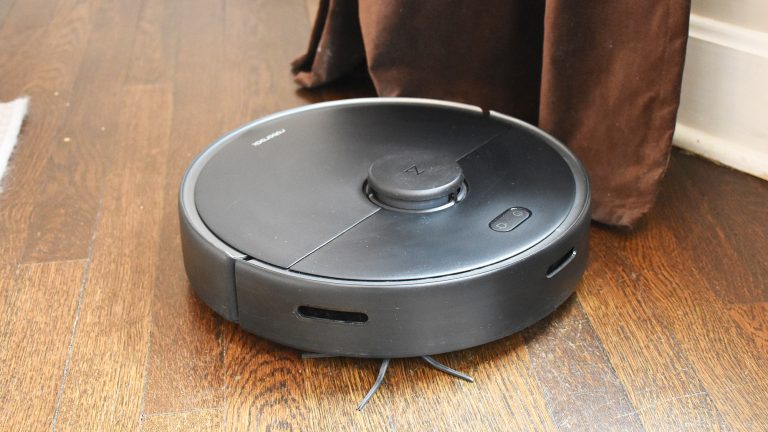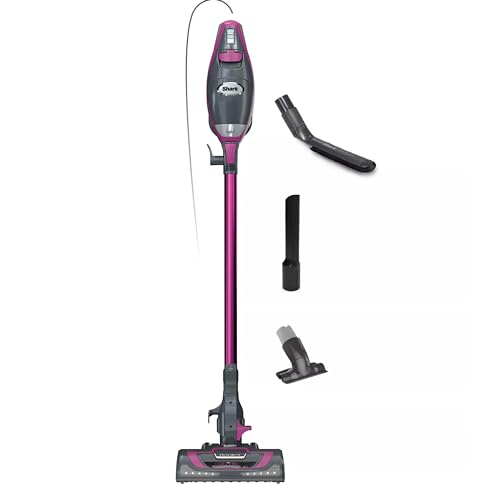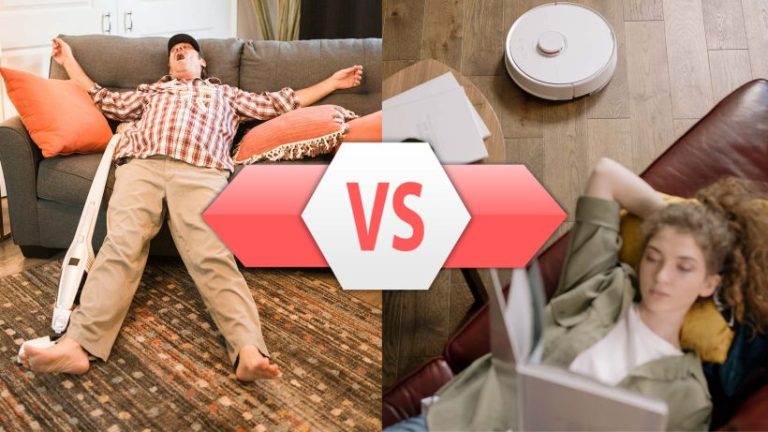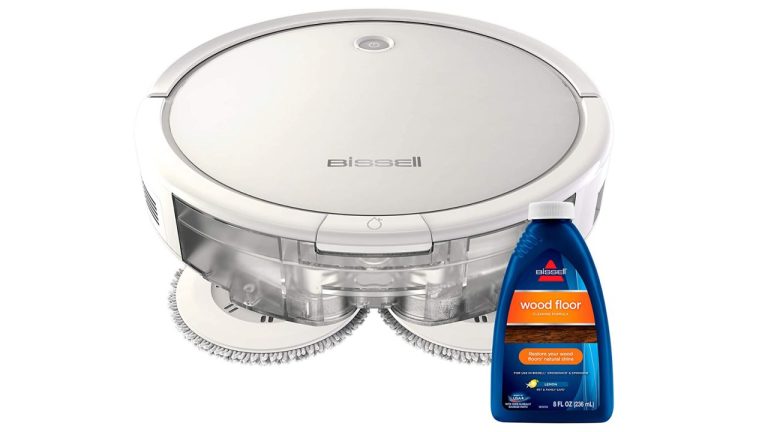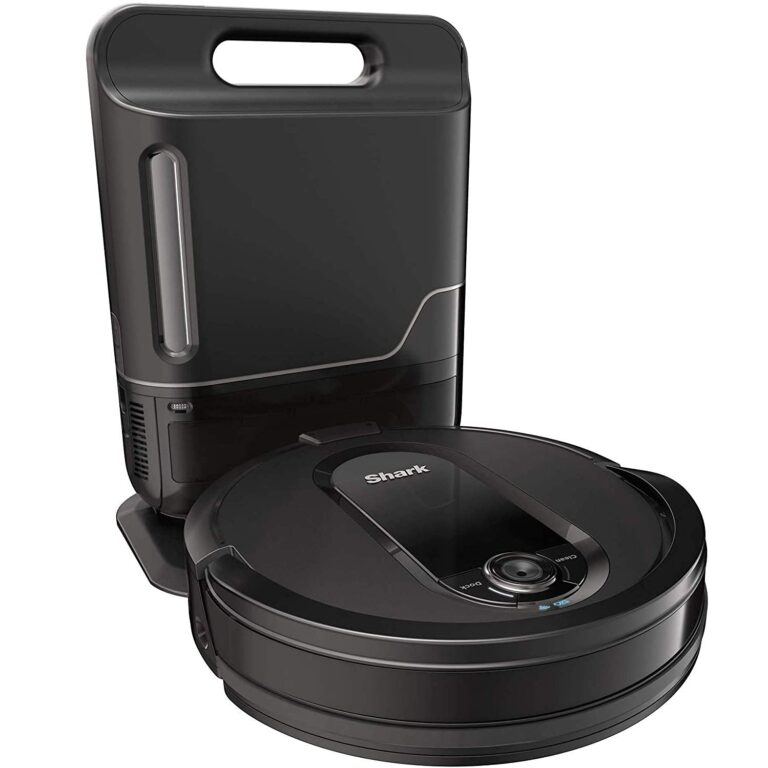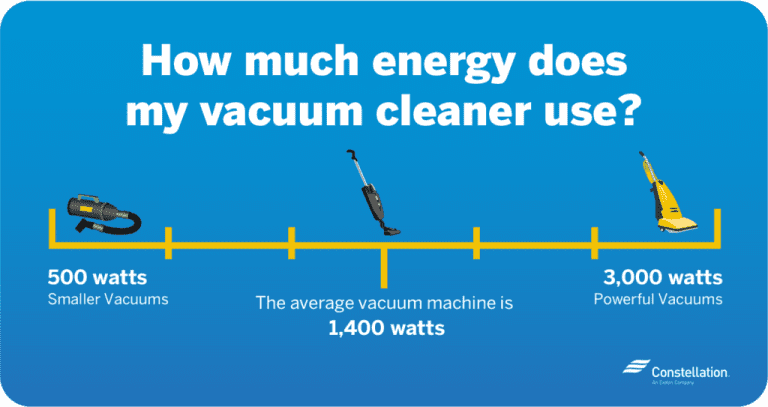Are Robot Vacuums Loud
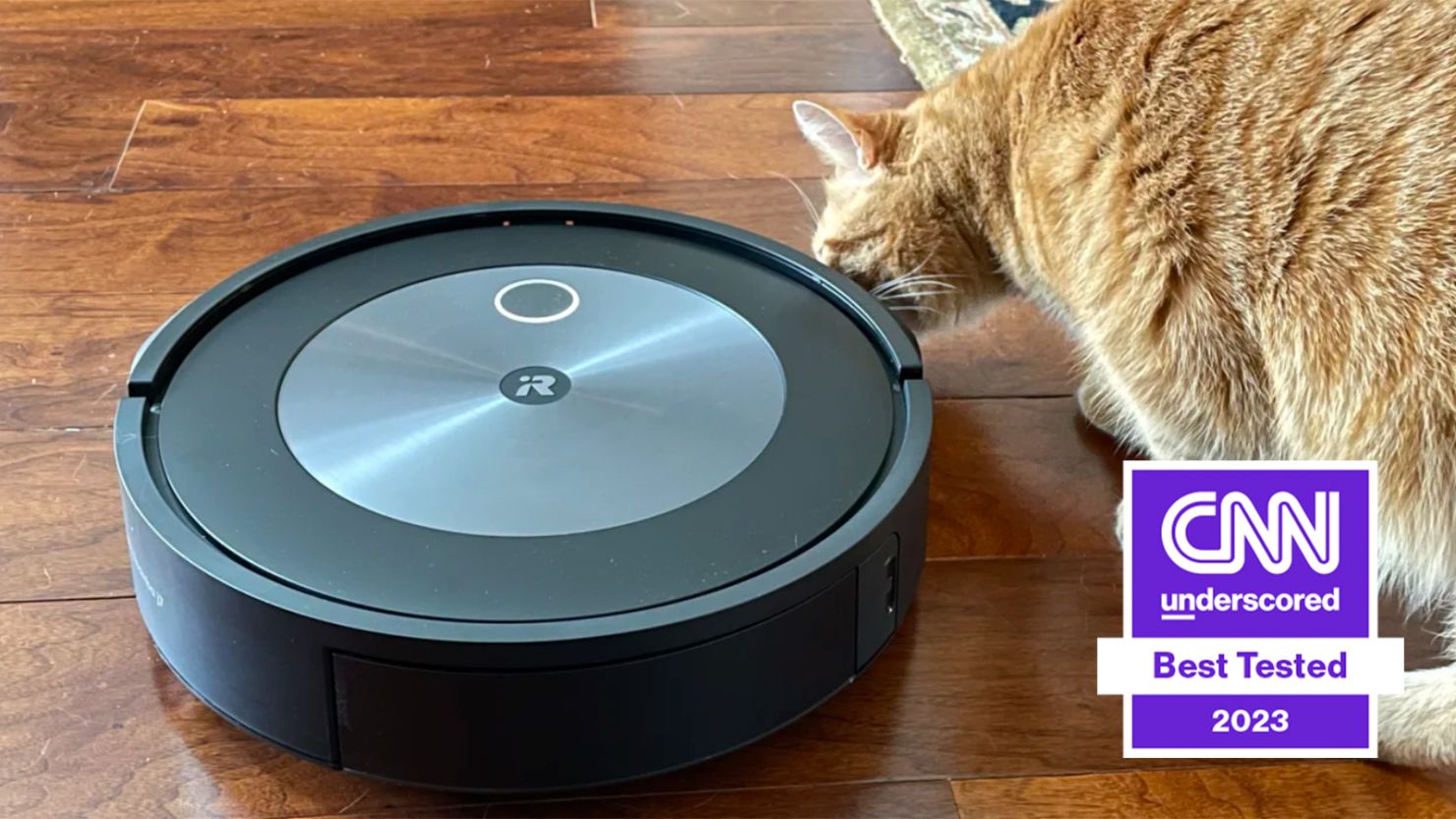
Robot vacuums typically operate at noise levels ranging from 60 to 70 decibels. They are generally quieter than traditional vacuums.
Home cleaning has been revolutionized by robot vacuums, which offer convenience and time efficiency. These gadgets, designed to keep your floors spotless with minimal human effort, have gained popularity in busy households. Despite their myriad of benefits, potential buyers often wonder about the noise these devices generate.
Understanding the sound output is crucial as it can affect comfort levels, especially in small living spaces or homes with young children and pets. Most robot vacuums produce a sound comparable to a moderate conversation, making them less intrusive than their upright counterparts. Choosing the right model can ensure a tidy home without significant noise disruption.
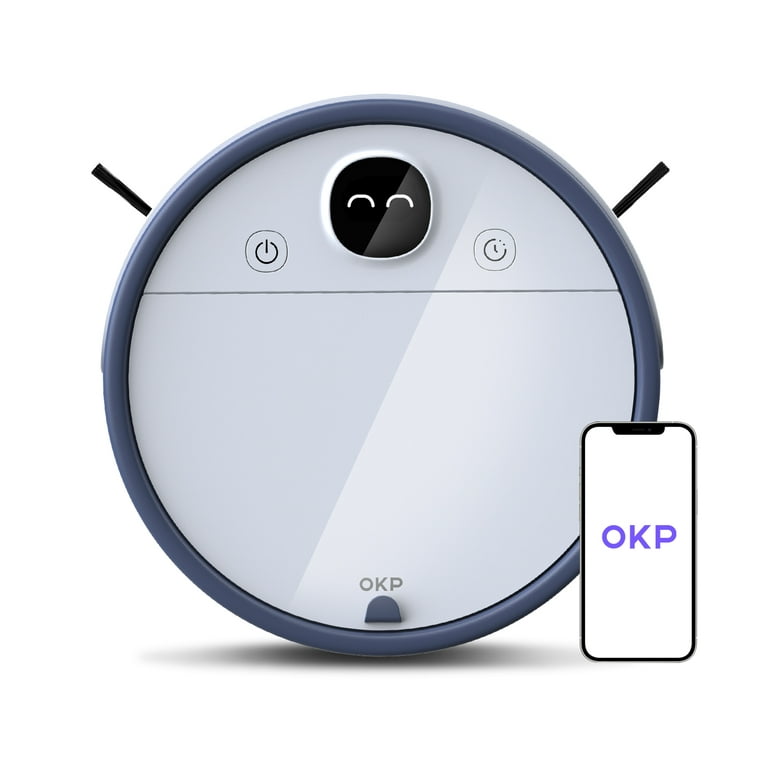
Credit: www.walmart.com
Introduction To Robot Vacuums
The automated cleaning industry has significantly evolved over the years. Robot vacuums are at the forefront of this innovation. Users appreciate their ability to clean floors without manual effort. Key advancements include sophisticated sensors and smart home integration.
Robot vacuum technology relies on various components. These include navigation algorithms, obstacle detection systems, and noise-reduction designs. Owners can schedule cleanings and even control the devices with voice commands. The growing popularity of these gadgets stems from their convenience and time-saving benefits.
Understanding Noise Levels In Robot Vacuums
Robot vacuums have different noise levels. The unit for sound is decibels (dB). Sounds are measured on the decibel scale. A quiet library talks at 40 dB. A normal conversation is about 60 dB. Some robot vacuums are as loud as conversations. Others are even quieter.
Many things change how loud a vacuum is. The motor’s size affects sound. Stronger motors might be louder. The vacuum’s design can help quiet the noise. Some have noise-reducing features. The surface they clean on also matters. Hard floors can make more echo than carpets. Robot vacuums are smart. They may change power and noise when cleaning different areas.
Comparing Robot Vacuums With Traditional Vacuums
Robot vacuums are designed to be quieter than many upright models. They typically produce between 50-70 decibels. This level of noise is similar to a running microwave. On the other hand, upright vacuums can be much louder, with noise levels starting at 70 decibels and can go much higher.
The loudness of a vacuum can depend on many things. Some key factors include motor size, airflow, and brush design. For instance, robust motors may generate more noise. Also, the way air moves through the vacuum affects sound. Large brushes can also make more noise as they spin.
Quiet Operation: The Quest For Silent Robot Vacuums
Robot vacuums have evolved to offer quieter cleaning experiences. Manufacturers are integrating noise-reduction technologies, such as advanced brushes and optimized airflow patterns, to minimize sound output. Improved motor designs also contribute significantly to reducing vacuum noise levels.
Maintaining your vacuum can help keep it quiet. Clean brushes and filters regularly to prevent strain on the motor. Use low-power settings for routine cleaning, and reserve high-power modes for deep cleans. Schedule cleanings when noise is less likely to disturb, like when the house is empty.
| Best Practice | Benefit |
|---|---|
| Regular Maintenance | Prevents unnecessary noise from wear |
| Low-Power Modes | Reduces operational volume |
| Strategic Scheduling | Minimizes disturbance from noise |
The Impact Of Noise On Consumer Choices
Consumer choices greatly depend on the noise output of robot vacuums. Quieter appliances tend to be more popular, as high noise levels can be a major turn-off. Families often seek low-noise robot vacuums to avoid disruption.
Noise level ratings are a key factor in the decision-making process. Shoppers rely on these ratings to guide their purchases. A vacuum’s decibel level can affect its appeal, with lower decibels being more desirable. Quiet operation is not just about comfort but also indicates better vacuum quality.
Future Trends In Robot Vacuum Noise Levels
Quiet vacuum technology is evolving rapidly. By using advanced materials and innovative designs,
new robot vacuums produce less noise. Key manufacturers focus on creating ultra-quiet machines.
This goal aligns with growing consumer demand for low-noise appliances.
Noise regulations play a pivotal role. They set strict noise level standards for home appliances.
Manufacturers must comply to stay competitive. Future robot vacuums could be as quiet as a whispering conversation.
Imagine cleaning your home without any loud noise!
| Feature | Impact on Noise |
|---|---|
| Brushless Motors | Generate less vibration and noise |
| Sound Insulation | Reduces sound transmission |
| Regulated Speed Settings | Allows quieter operation at lower speeds |

Credit: m.youtube.com
Frequently Asked Questions On Are Robot Vacuums Loud
How Loud Is A Robot Vacuum Cleaner?
A robot vacuum cleaner typically operates at 60-70 decibels, equivalent to normal conversation volume. Some quieter models may run below 60 decibels.
Is There A Quiet Robot Vacuum?
Yes, several brands offer quiet robot vacuums, often featuring a low decibel level during operation for minimal disturbance.
Why Is My Robot Vacuum So Loud?
Your robot vacuum may be loud due to debris stuck in the brushes, a full dustbin, worn-out bearings, or it simply could be an older model with a louder motor. Regular maintenance can help reduce noise.
Conclusion
While robot vacuums are not silent, they are considerably quieter than their traditional counterparts. The blend of advanced technology and thoughtful design has led to quieter models that efficiently clean without disrupting your peace. Remember, the key to a quieter cleaning experience lies in understanding the factors that influence noise levels. Embrace the quiet revolution in home cleaning with a well-informed choice of robot vacuum.
